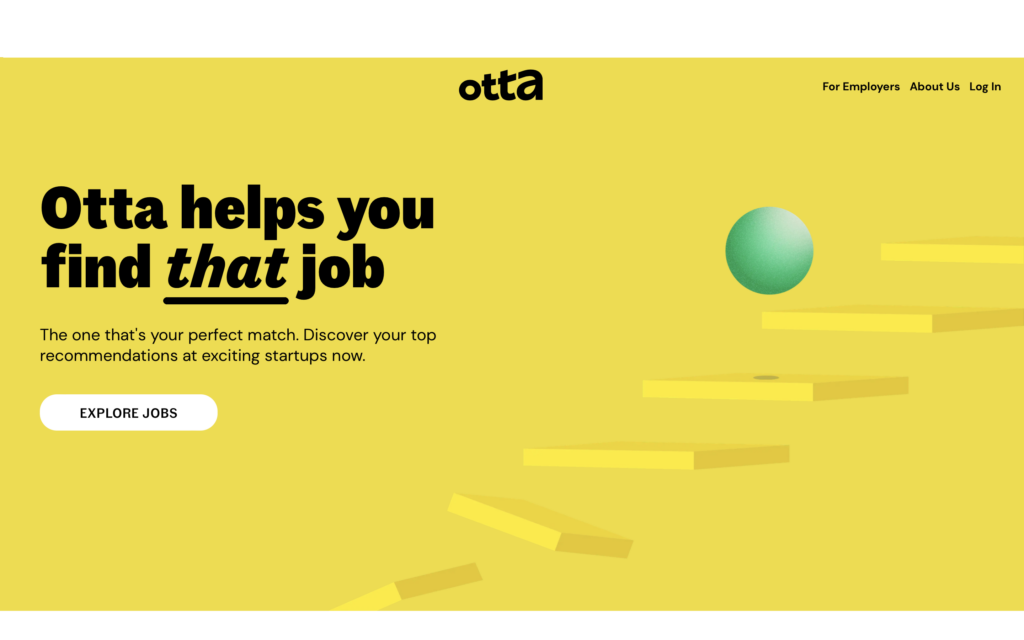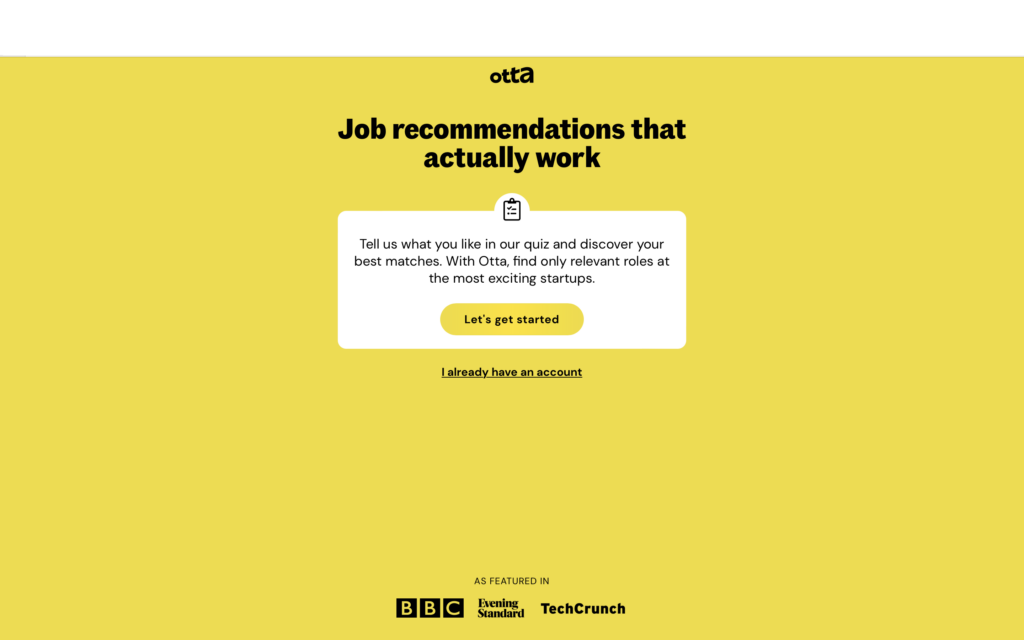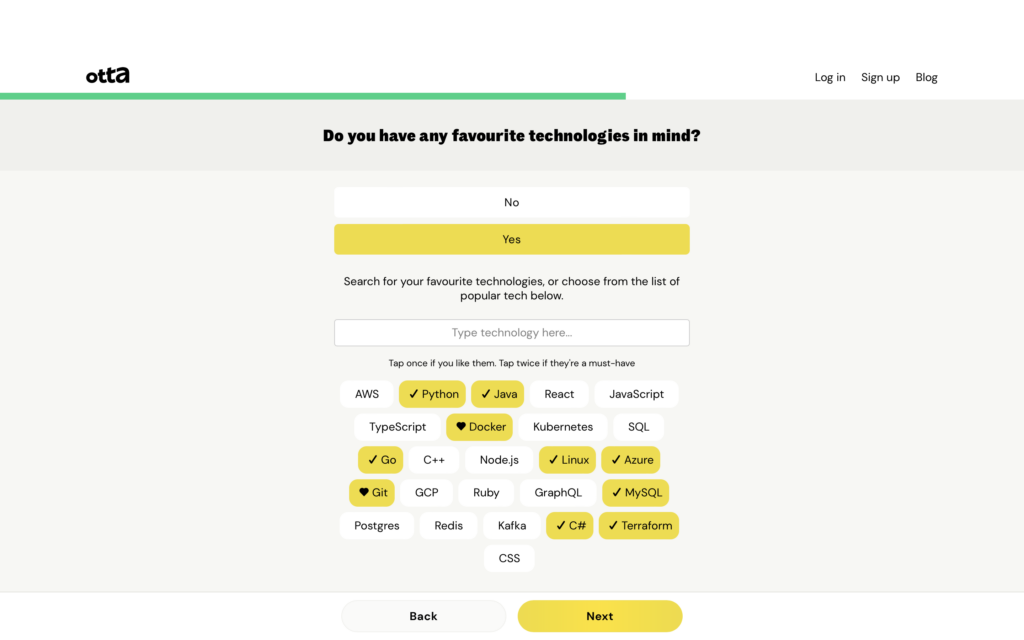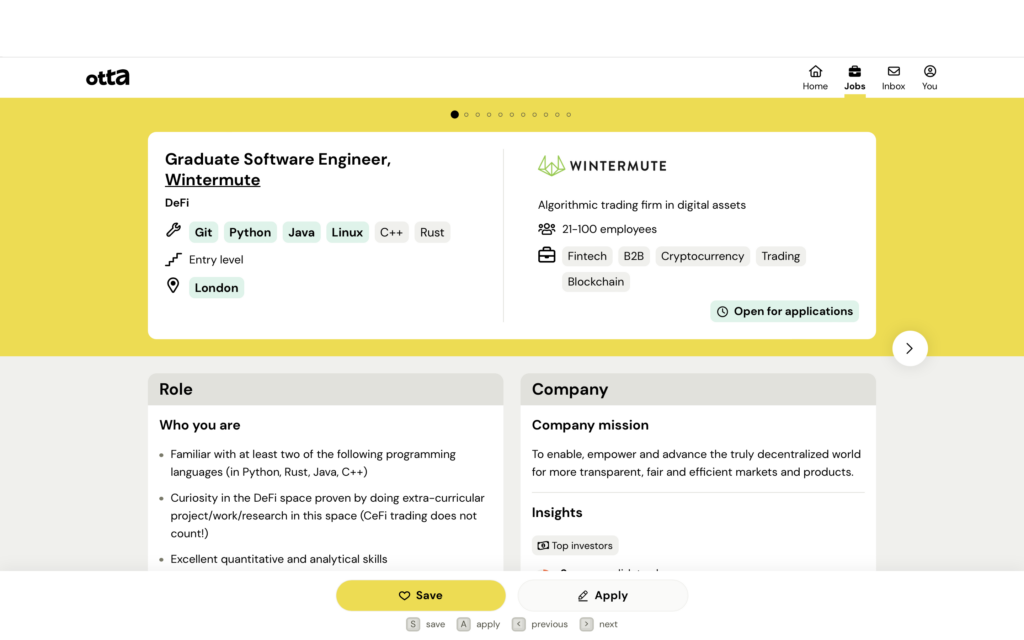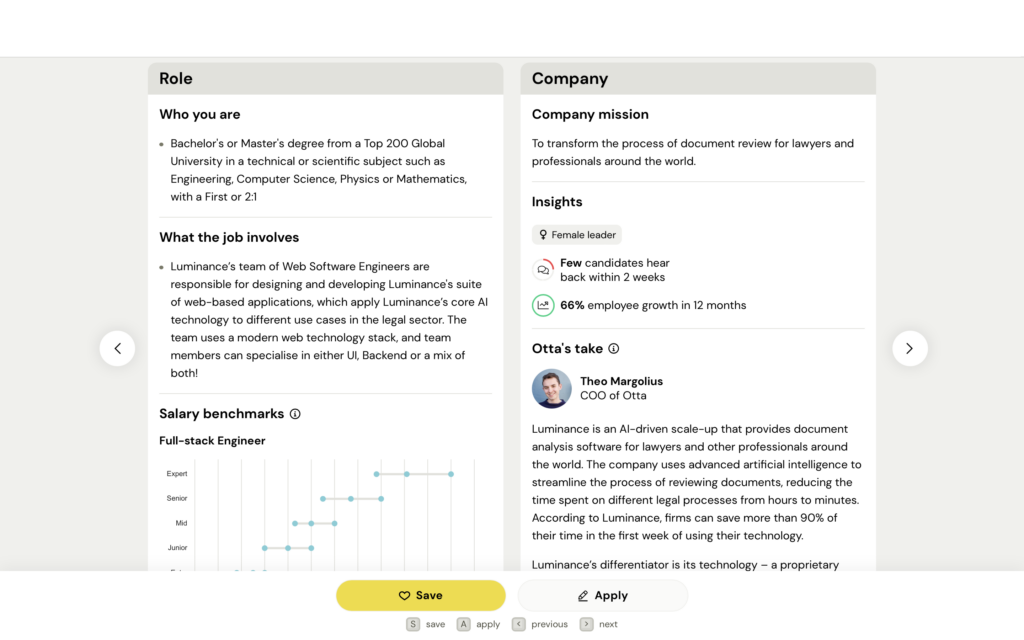Hi, I’m Maisie, a computer science student at Newcastle University. Last year I did a placement, working as a researcher at a cyber security company. This is a typical day in my life working remotely at the company.
8:00
I’d usually get up at this time and get ready for the day. My placement was remote so I didn’t have to get up too early!
9:00
At 9am, I’d start work for the day. I’d log on to my VM and Microsoft Teams as well as the other applications I needed for work. I’d then check my email and Teams, to check if I had any meetings that day as well as reply back to any messages.
After this, I would decide on what projects I wanted to work on for the day. I usually had a couple of projects on the go, so would decide on whichever was most urgent or relevant to research I had found. I would get up my code for that project and figure out what needed to be done. I would then write up my to do list for the day with the most important tasks to be completed.
9:30
After setting myself up for a good day, I would then start working. Usually I spent some time researching different libraries and new technologies that we could use to improve a project or solve a particular problem. I would spend some time reading the formal documentation, finding out about the technology, and ensuring it was suitable for projects.
10:30
At this time, I would usually have my morning call with my manager. I would talk through what I had been up to and the research I had found. Then I’d let him know my plans for the day and we’d discuss any new ideas for projects. If needed, he would also help me with any programming problems I had run into the previous day and give suggestions for possible solutions.
Sometimes I would be asked to quickly build small projects for other team members, such as test harnesses for other technologies created by the company. We would talk through the requirements of the program and I would prioritise completing that during the day.
11:00
Next I’d go downstairs and have a quick coffee break and say hello to my dog Ralph.
11:15
At this time, I was most productive after coffee! Usually I would start programming and getting most of my to-do completed for the day. I would try out the new technologies I had researched, using them to solve problems I had with my project.
If I had a project to create for a team member, I might also have a call with them at this time to learn more about the project requirements or to demonstrate how the project worked so far.
1:00
Then it was time for lunch!
2:00
In the afternoon, I would sometimes work on building demonstrations to show how new technologies could be used to benefit the company. This would usually involve building some test code to demonstrate how the technology worked. I would then record it and put together a demonstration video that could be shown to the sales team and higher management.
4:00
If I had time, I liked to end the day cleaning up my code and adding comments to make it more readable for others. This was an easy task to end the day, and would make it easier the next day to pick up from where I had left off.
4:30
I would usually have another quick call with my manager before the end of the day. I would talk through what I had achieved in the day and show him any code or demonstrations I had created. He would also help resolve any programming problems I had during the day.
5:00
The end of the work day, thanks for spending it with me!

